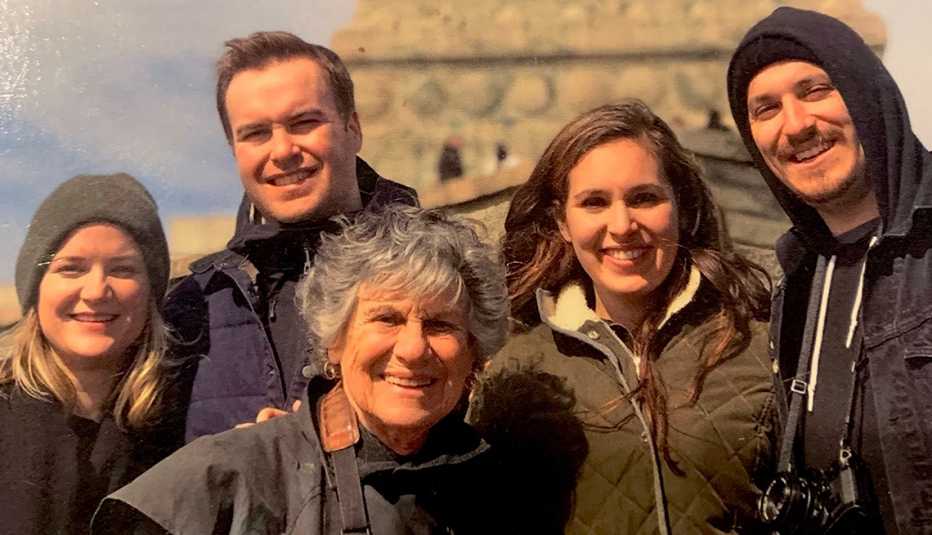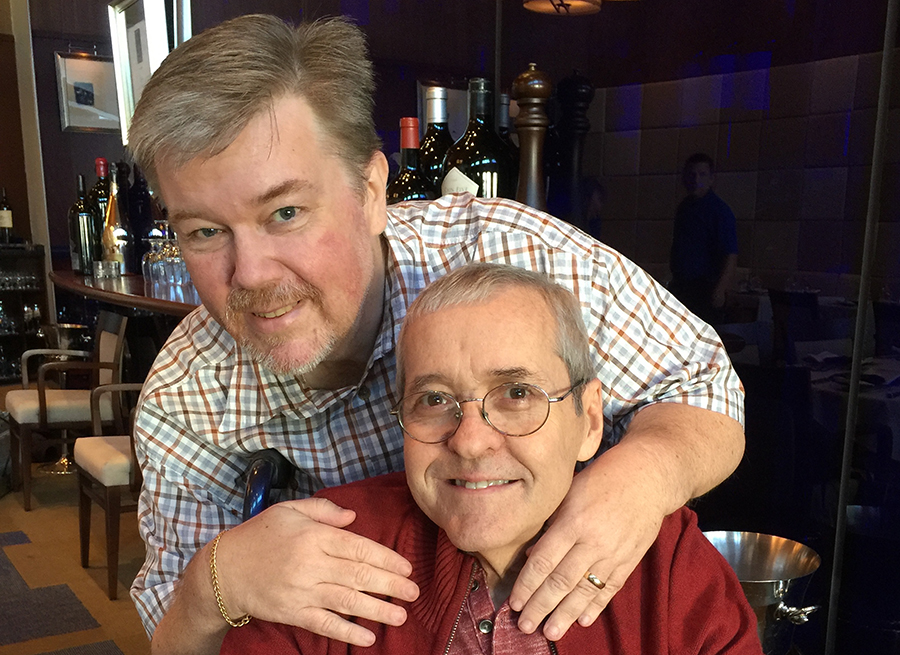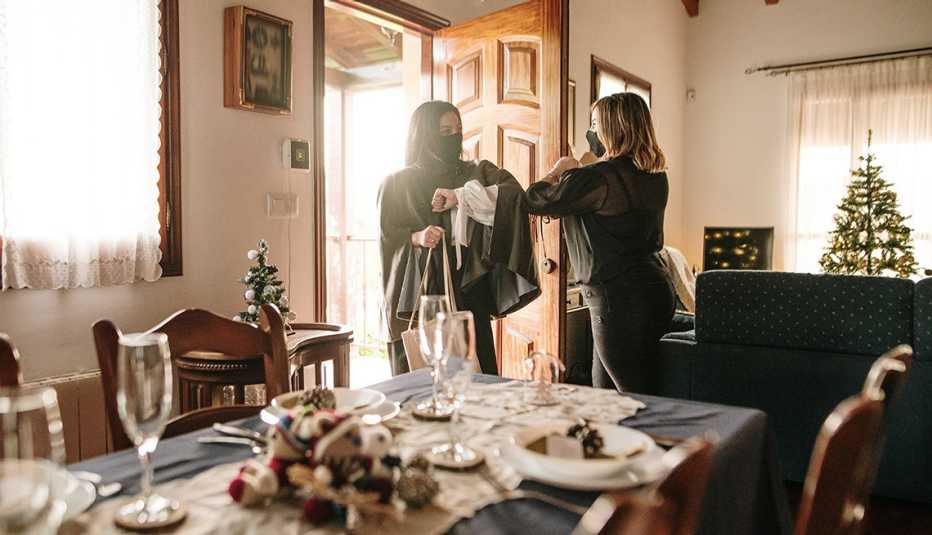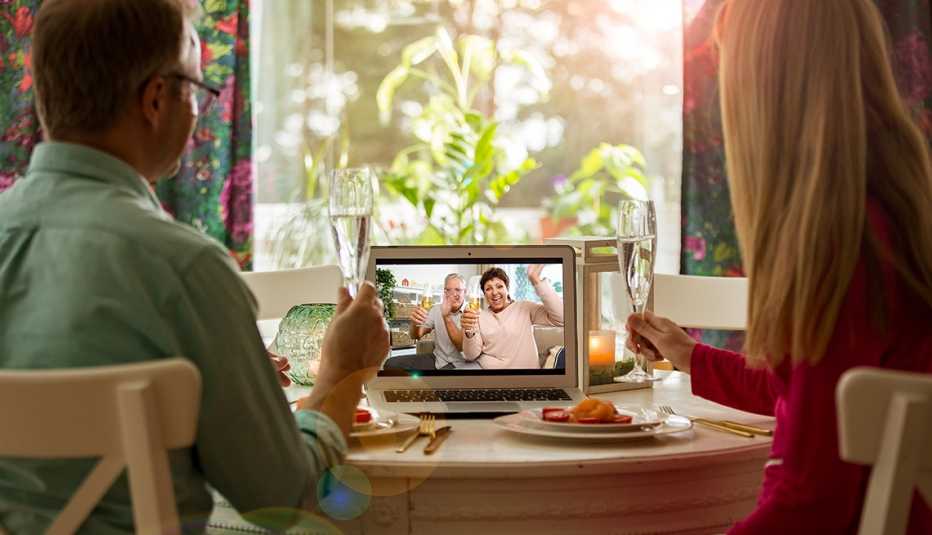Staying Fit
Facing this year's Jewish High Holy Days without her family, Judy Stein figured she had two choices: Cook a traditional Rosh Hashanah brisket for herself, or go rogue. She chose the latter.
"I chose to create a meal that had absolutely nothing to do with what I normally eat for that holiday,” says Stein, 85, a retired management consultant who lives in coastal Maine. “I ate a lot of raw oysters."


AARP Membership— $12 for your first year when you sign up for Automatic Renewal
Get instant access to members-only products and hundreds of discounts, a free second membership, and a subscription to AARP the Magazine.
Certainly oysters are a nontraditional choice for Rosh Hashanah — they are definitely not kosher. But Stein had a purpose: not to “wallow,” as she said, in her grief at being apart from her two children and six grandchildren because of the COVID-19 pandemic.
With the pandemic limiting travel and gatherings, many are in the same boat. It's easy to despair over the possibility of being alone. But there are ways to foster joy in the season and mitigate loneliness if you find yourself on your own, says Stein, a volunteer with The W Connection, a national widow's support group, and others who have either experienced holidays on their own or counseled those who have.
One common piece of advice: The only way through a difficult time is forward. So, below are five suggestions to help you keep moving ahead this holiday season. And if you find yourself stymied by anxiety or despair, seek help from family, friends, support groups or mental health professionals.
1. Simplify your expectations
Let go of your assumptions about holidays and any stigma around being alone. There's nothing shameful in this year's holiday dinner being takeout and a glass of your favorite sparkling wine rather than a four-course meal. There might even be some relief. For example, there won't be any arguing with your sister-in-law over whether gravy is OK for your vegetarian diet.
"For a lot of people, the holidays are overwhelming not just emotionally, but physically, because we have that ‘White Christmas’ version of the holidays in our heads,” says Patrick Evans-Hylton, 55, a chef and food journalist in Virginia Beach, Virginia. Evans-Hylton lost his husband, Wayne, about five years ago and now is a board member of the National Widowers’ Organization. “The older I get, I realize that we have to do things on our own terms."






































































